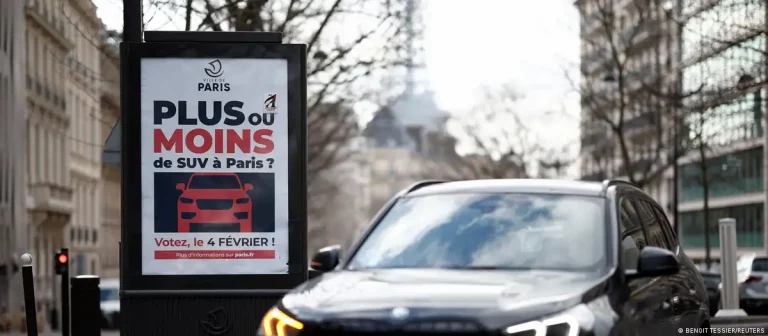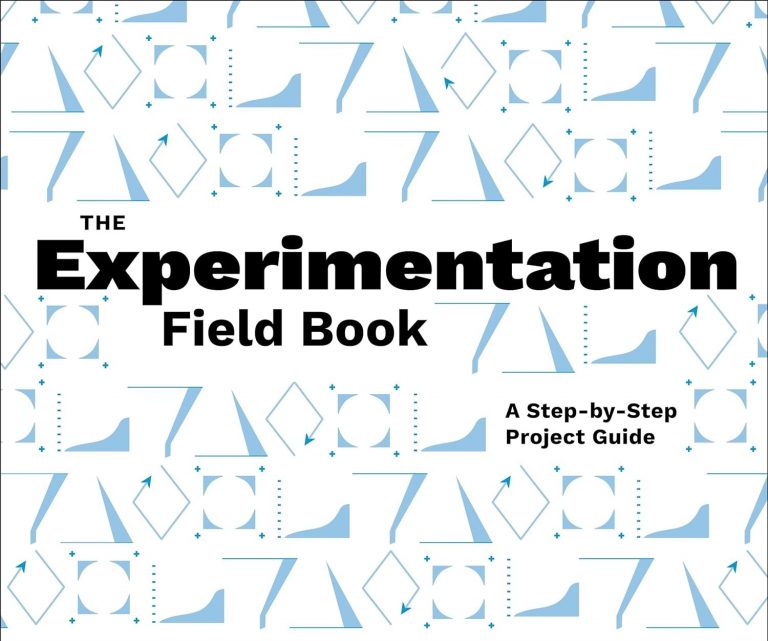dConstruct 2011 videos online
Don Norman – Emotional Design for the World of Objects
Welcome to the world of atoms. The human body is part of the physical world. It savors touch and feeling, movement and action. How else to explain the popularity of physical devices, of games that require gestures, and full-body movement? Want to develop for this new world? There are new rules for interacting with the world, new rules for the developers of systems.
(longer abstract and audio)
Kelly Goto – Beyond Usability: Mapping Emotion to Experience
Addiction or devotion? The complexity of our relationships between connected experiences, devices and people is increasing. Stanley Kubrick once said a film “should be a progression of moods and feelings. The theme, what‛s behind the emotion, the meaning, all that comes laterâ€.
(longer abstract and audio)
Bryan Rieger & Stephanie Rieger – Letting Go
Design (or if you prefer—user experience) is at a crossroads. In our globalized, hyper-connected world, users no longer need to wait for us to create experiences for them. As we debate the value of design thinking, the usefulness of the next API, or strive to craft the ultimate cross-platform experience—users are sorting this out on their own, using whatever service or technology is “good enough†for them at the time.
(longer abstract and audio)
Craig Mod – What Is the Shape of the Future Book?
What are the core systems comprising the future book? What are the tools that need to be built? As designers we will need to provide the scaffolding for these systems. The interfaces for these tools. Not just as surface, but holistically—understanding the shifting of emotional space, the import of the artifact, the evocation of a souvenir, digitally.
(longer abstract and audio)
Frank Chimero – Oh God, It’s Full of Stars
The relationship between digital and physical products is larger than if it exists on a hard drive or a shelf. It’s the tension between access and ownership, searching and finding, sharing and collecting. It’s a dance between the visible and the invisible, and what happens when we’re forced to remember versus when we are allowed to forget. How does this affect us—not just as makers, but as consumers of these products?
(longer abstract and audio)
Dan Hon – The Full Stack of Entertainment: Storytelling, Play and Code
Forget transmedia. Forget alternate and augmented realities. Forget multimedia magazines, tablets, phones and puzzling QR codes. Our challenge lies in figuring out the full-stack of entertainment, designed from the bottom right to the very top: for phones, physical objects—part of the Internet of things or otherwise—tablets and conventional computing devices, where art, code and design mesh together perfectly with directorial vision.
(longer abstract and audio)
Kars Alfrink – The Transformers
In this talk, Kars Alfrink – founder and principal designer at applied pervasive games studio Hubbub – explores ways we might use games to alleviate some of the problems wilful social self-seperation can lead to. Kars looks at how people sometimes deliberately choose to live apart, even though they share the same living spaces. He discusses the ways new digital tools and the overlapping media landscape have made society more volatile. But rather than to call for a decrease in their use, Kars argues we need more, but different uses of these new tools. More playful uses.
(longer abstract and audio)
Matthew Sheret – Pocket Scale
I punch in a keycode and enter the office. Three steps through the door I swipe my travelcard against an old wooden box, which starts spitting out a radio station based on forty million people’s answer to the question ‘What songs would a Joy Division fan like?’ The sexyfuture arrived yesterday, and it colonised my pockets.
(longer abstract and audio)
Kevin Slavin – Reality is Plenty
Lately, Augmented Reality (AR) has come to stand for the highest and deepest form of synthesis between the digital and physical worlds. Slavin outlines an argument for rethinking what really augments reality and what the benefits are, as well as the costs
(longer abstract and audio)



